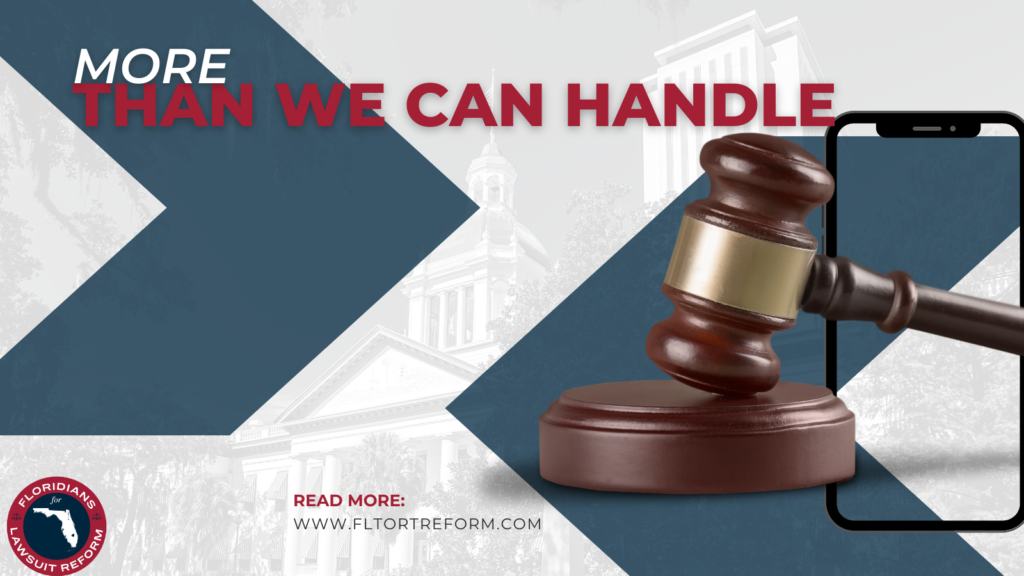
By: Stassy Olmos
Posted at 5:34 AM, Jun 23, 2022
and last updated 6:38 PM, Jun 23, 2022
TAMPA BAY, Fla. — The price to live in paradise is getting higher for homeowners. A new analysis found that Floridians are paying property insurance premiums nearly three times the national average.
The latest analysis from the Insurance Information Institute found Florida homeowners are paying an average premium of $4,231 for insurance, compared to the U.S. average of $1,544.
“That gap is just increasing further and further. And in terms of average percentage increases, we’re seeing well over 30% averages in Florida. The average in the U.S. is under 10%,” explained Mark Friedlander, a spokesperson for the Insurance Information Institute.
On top of that, we’re now learning the impact on the state-backed insurance provider, Citizens Insurance Corps which is currently dealing with nearly 20,000 lawsuits — a direct correlation of the number of policies they’ve added in the last year.
“Our policy count as of Friday, June 17 was 899,642 and I can tell you with confidence that we are over 900,000 by today,” Citizens Spokesperson Christine Ashburn told ABC Action News Wednesday morning.
Florida as a whole had about 100,000 lawsuits against insurance companies last year, while other states combined had about 20,000. Insurance company CEOs have said these lawsuits are why so many companies are going bankrupt, raising premiums, and canceling coverage — sending more and more residents to Citizens.
“We’ve been fighting this real crisis since March 2015. Over seven years, and each year the roofers and the lawyers are getting more and more expert at the games that are being played,” CEO of American Integrity Bob Ritchie said regarding the lawsuits from roofing companies that he gets daily.
Thursday, the Citizens Claims Committee will be presenting a report to their Board of Governors, asking for more funding to fight the uptick in lawsuits they’re now getting.
In just the first four months of 2022, Citizens added 75,000 policies and 3,881 lawsuits, according to a report put together by the Citizens Claims Committee.
The company added a high of 12,000 policies in the first week of June due to the insolvency of Lighthouse Insurance out of Louisiana, and in the third week, they added 7,000 policies. These are not included in the 75,000 they reported.
“We have 18.5% growth this year, from January 1 already,” Ashburn said, “Right now we’re 43% larger than we were a year ago in June of last year.”
Citizens is supposed to be the insurer of last resort in Florida, but with nine property insurance companies in the state now in liquidation, a tenth cut nearly in half, and dozens of others either leaving, dropping customers, or not writing new business at all largely due to roofing scams, they’re becoming the insurer of first resort for many.
We went through the Citizen’s report in depth. It states the company is getting nearly a thousand lawsuits a month this year, a 12% increase from this time last year.
In addition, the report shows Citizens is spending an average of $6.5 million dollars a month on what they call Claims Legal Services Contracts, which include firm fees and expenses, not vendor expenses such as court reporters and experts.
A map shows 75% of lawsuits were filed in the Tri-County area from West Palm to Miami, the majority are “non-weather-water” claims like pipes bursting. Asburn said some are valid, but many are contractors taking advantage of the system.
The report states that the Central West area of Tampa Bay is seeing a “continued rising trend of lawsuits… that has been building over the last two years.” The Central West represents 15% of lawsuits now with policies in the area growing 35.5%, according to Ashburn.
Perhaps the most shocking part of the report is that Citizens has seen a 93% increase in assignment of benefits (AOB) lawsuits, where homeowners have signed over their rights to a contractor or roofer.
AOB was something lawmakers tried to curb in 2019 and again in May’s special session, but we’ve yet to see any permanent change.
“With the new bill that just passed in the special session, there were additional attempts to try to curb assignment of benefit litigation by removing the ability for an assignee, the person who has assignment to actually recover fees under the one way fee statue, like consumers have access to under the law,” Ashburn said.
She adds that many of these cases are backlogged from when the courts shut down during the COVID-19 pandemic.
Lawmakers said it will take about a year and a half to see any changes from the special session, but industry experts suggest it may take much longer than that.
“Even though there was some tort reform implemented in the May special session, it’s going to be a blip on the radar screen, we don’t expect this trend to slow down at all,” Friedlander concluded. “In fact, it potentially could continue to increase based on what we’re seeing with this Citizen’s data.”
In Thursday’s meeting, the Citizens Claims Committee will be asking the board for an additional $50 million in spending authority to handle all of these lawsuits and an additional $2.5 million to hire court reporters.
The board of governors will make their decision in a meeting on July 13.
